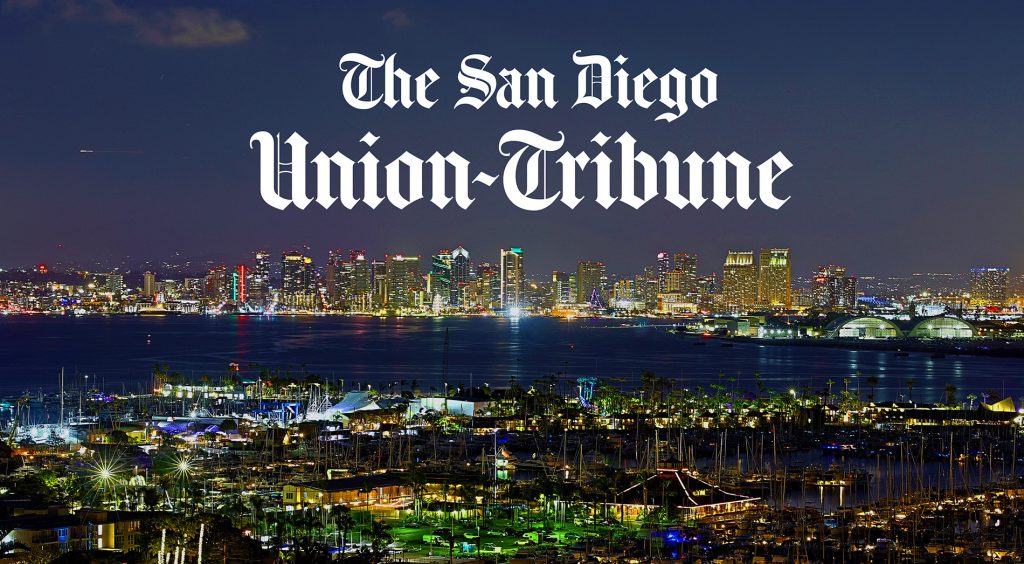
San Diego County health officials on Friday advised residents to avoid locally harvested shellfish — such as mussels, clams, scallops or oysters — not purchased from a state-certified commercial harvester or dealer.
In a statement, county officials said Los Angeles and Santa Barbara counties have also issued safety notifications, as “dangerous levels of domoic acid, which can cause amnesic shellfish poisoning, have been detected in locally harvested mussels.”
According to the county, the warnings don’t apply to shellfish sold at stores from approved sources, including local markets or restaurants, “because state law allows only state-certified commercial shellfish harvesters or dealers to sell to restaurants and markets.”
Certified harvesters and dealers are subject to frequent mandatory state testing that monitors for toxins, the county said.
Amnesic shellfish poisoning symptoms can be felt within 30 minutes to 24 hours after eating toxic seafood, according to the county. Mild cases may involve abdominal cramps, diarrhea, dizziness, headache and vomiting. Symptoms resolve within several days, according to the county.
However, those suffering from a severe case may have trouble breathing. They may also suffer “confusion, disorientation, cardiovascular instability, seizures, excessive bronchial secretions, permanent loss of short-term memory, coma or death,” county officials said.
According to the county, the state Department of Public Health “will continue local sampling to determine when sport-harvested shellfish is safe to eat again.”Marine mammals may also be susceptible to domoic acid, county officials said, adding that the public “is reminded to please maintain a safe distance (at least 50 yards) from any injured or deceased marine mammal.”
While sea lions cannot directly pass domoic acid, “these are large animals and protected species that need to be given space,” the county added.Those who encounter sick marine animals may call SeaWorld Rescue at 800-541-7325, and report dead marine mammals or sea turtles by calling the National Oceanic and Atmospheric Administration 858-546-7162.





